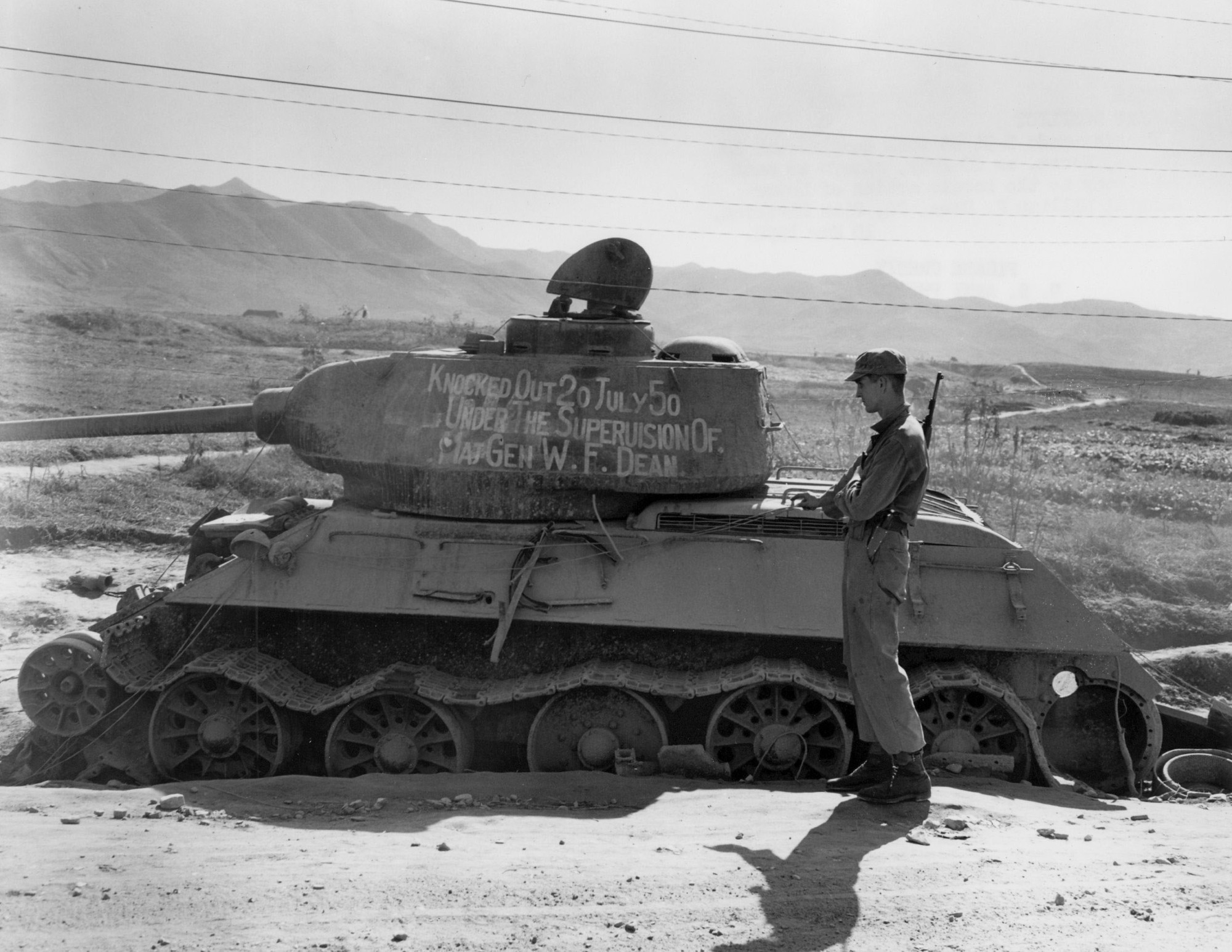Every August, NHK airs a lot of new documentaries to commemorate the end of World War II. The range of topics is not typically limited to events that happened in August 1945. This year's crop covered newspaper propaganda leading up to the war; the infamous attempted coup by idealistic young officers on Feb. 26, 1936; the "phantom" aircraft carrier Shinano, which sank during its first voyage; and a look at surviving Japanese war brides of American soldiers.
The special that received the most attention was about recently discovered documents from 1952 that indicate Emperor Showa wanted to express remorse publicly for the war but was prevented from doing so by then-Prime Minister Shigeru Yoshida, who was reportedly afraid the monarch would be held responsible for the war. Given the general tenor of the emperor's subsequent known attitude toward the country's war legacy — he stopped visiting Yasukuni Shrine, which honors Japanese soldiers who died in service, after Class-A war criminals were enshrined there — NHK's revelation was not surprising. However, it did highlight the notion that there are still matters related to the war that the public doesn't know about.
In that regard, the most notable of this year's remembrance specials was "Hidden War Cooperation: Korean War and Japanese," which received almost no major media attention despite its tantalizing premise: Japanese nationals were caught up in the fighting and died alongside U.S. troops in the Korean War (1950-53). NHK, with the help of scholar Tessa Morris-Suzuki, discovered 1,033 pages of interviews with Japanese who fought in the war conducted by the U.S. military starting in 1951. The transcripts were labeled “top secret” and the interviewees had pledged never to reveal their involvement since Japan had renounced war and military action forever in its postwar Constitution. At the time, Japan was still under the Allied Occupation and thus compelled by the U.S. military to provide logistical and material support for the war, which was ostensibly being waged between the United Nations and North Korea following the latter's invasion of South Korea.
















With your current subscription plan you can comment on stories. However, before writing your first comment, please create a display name in the Profile section of your subscriber account page.